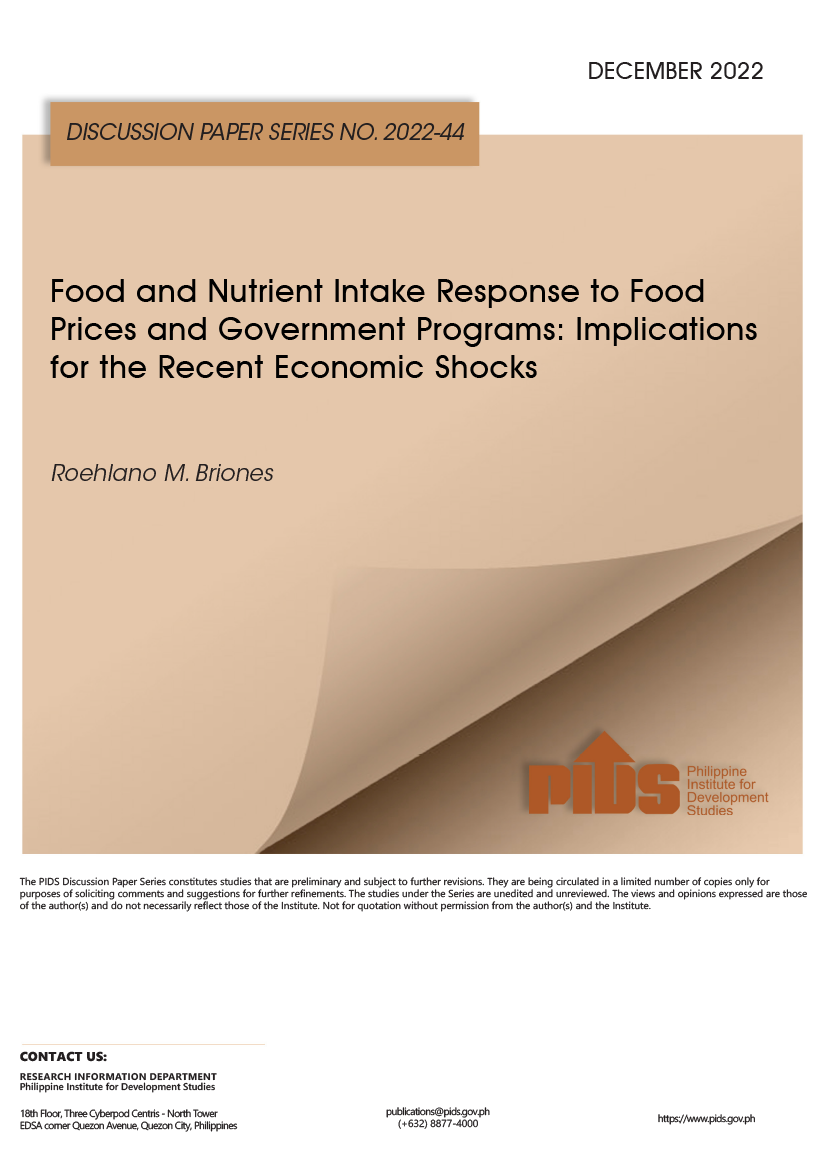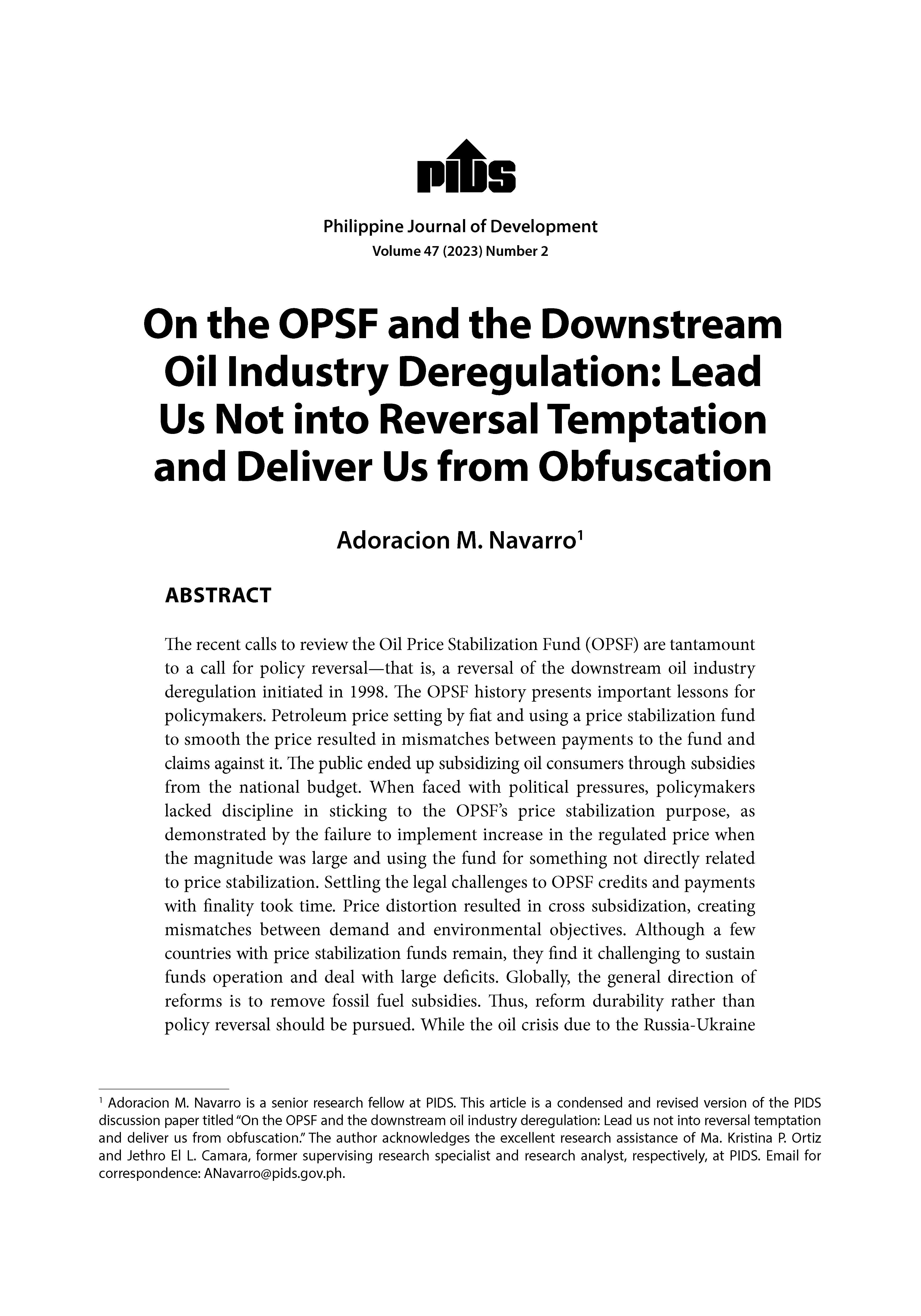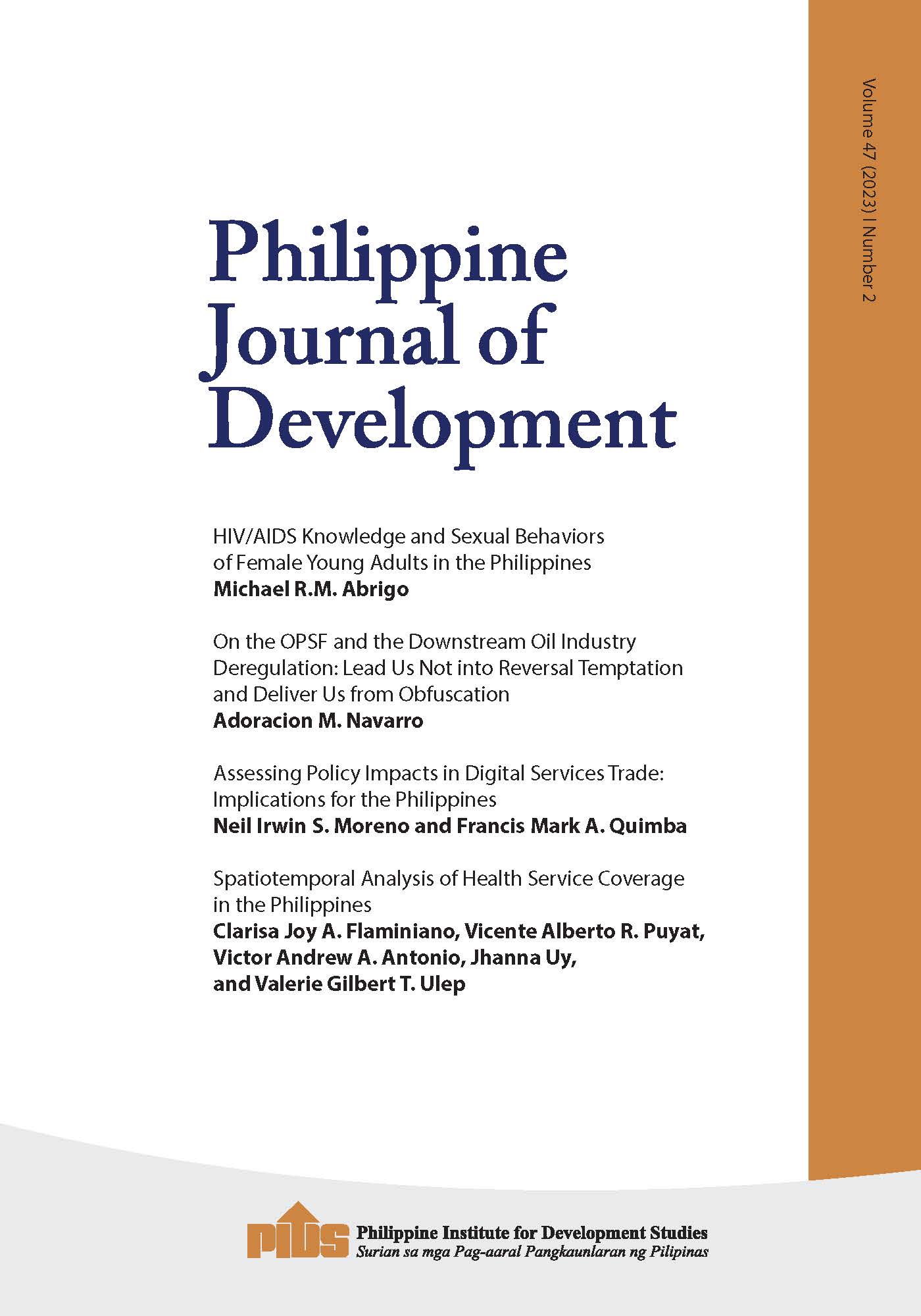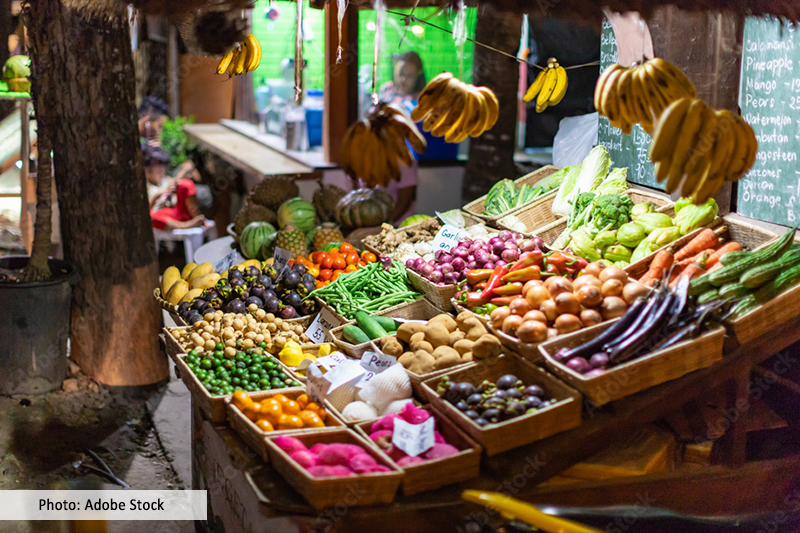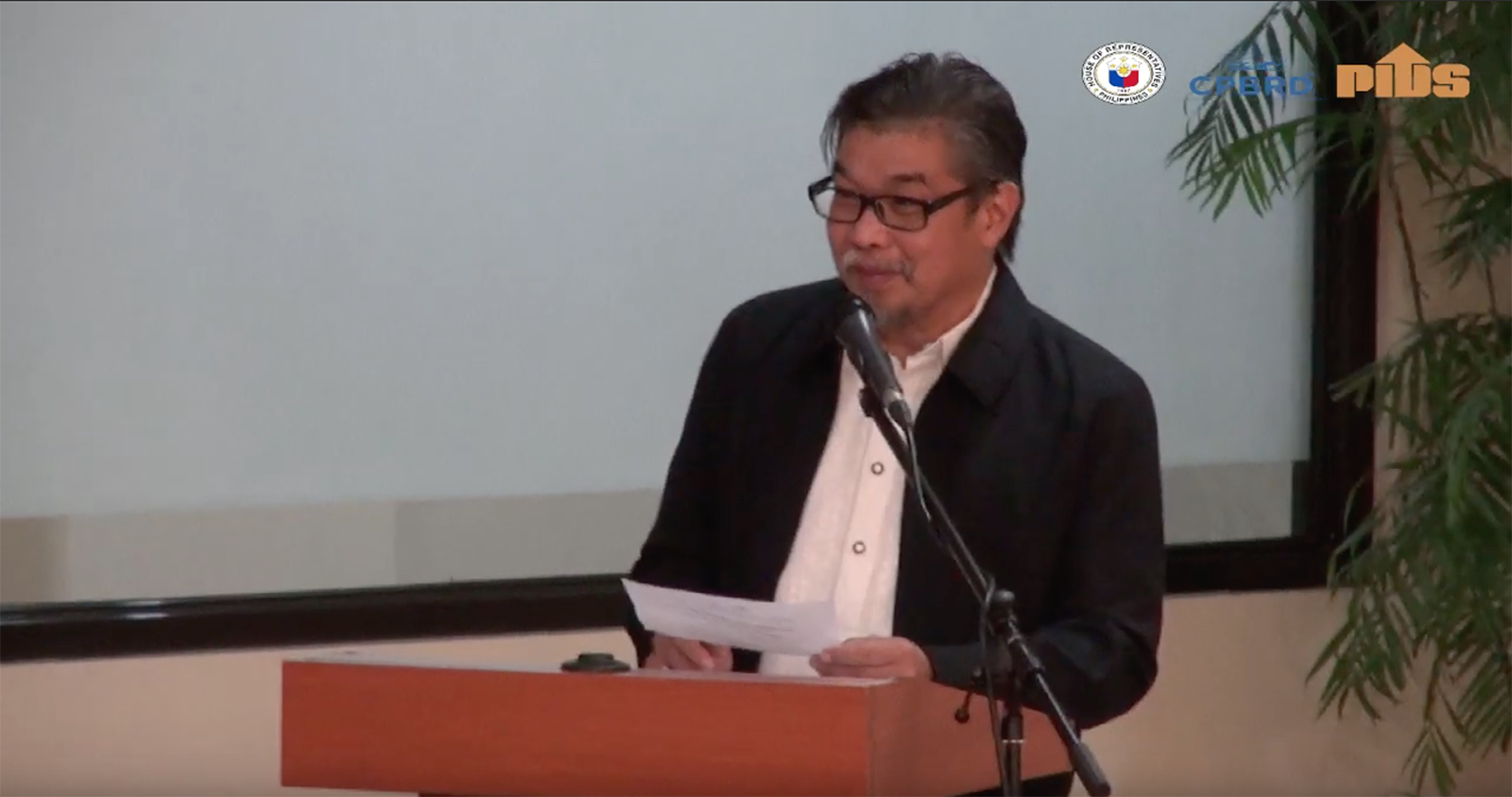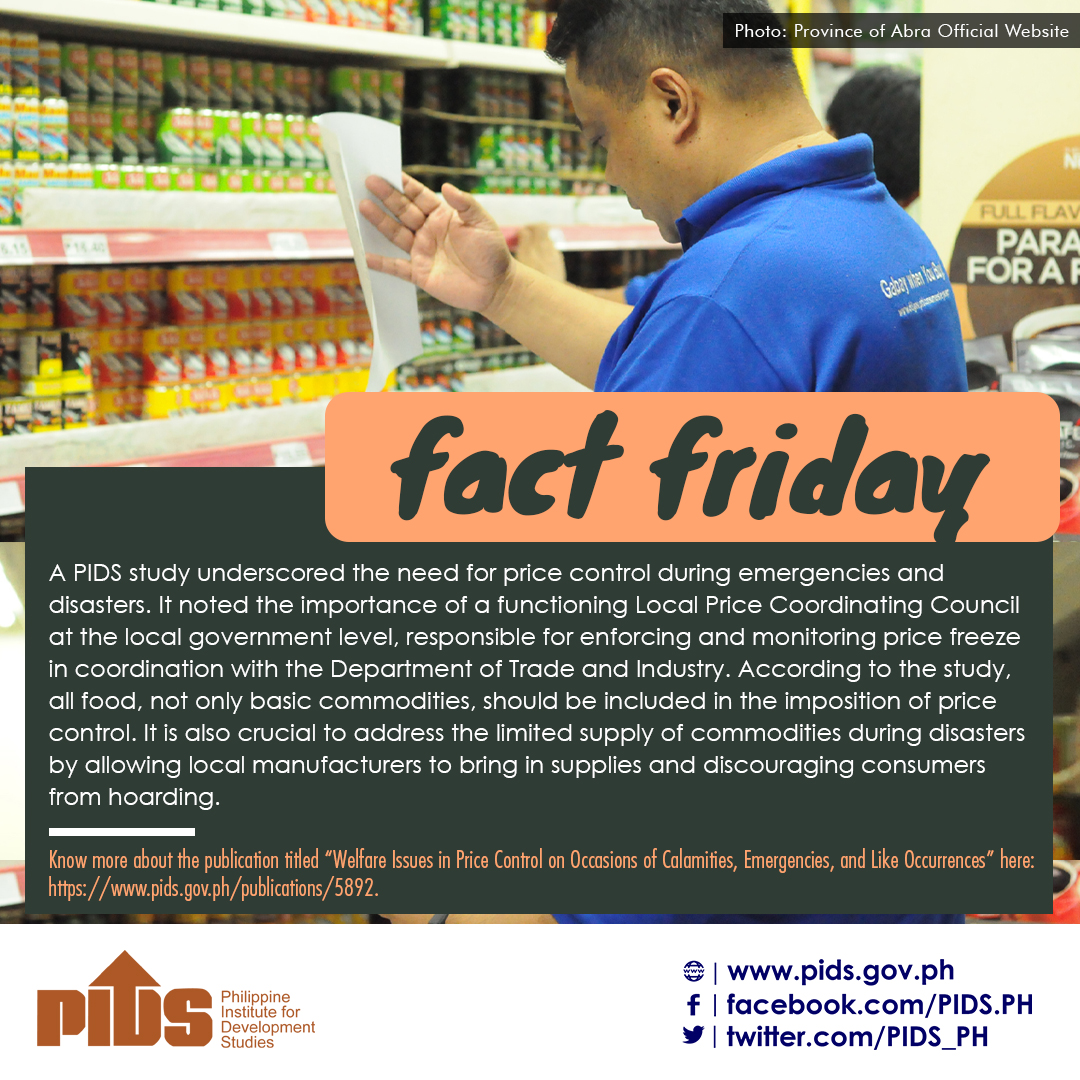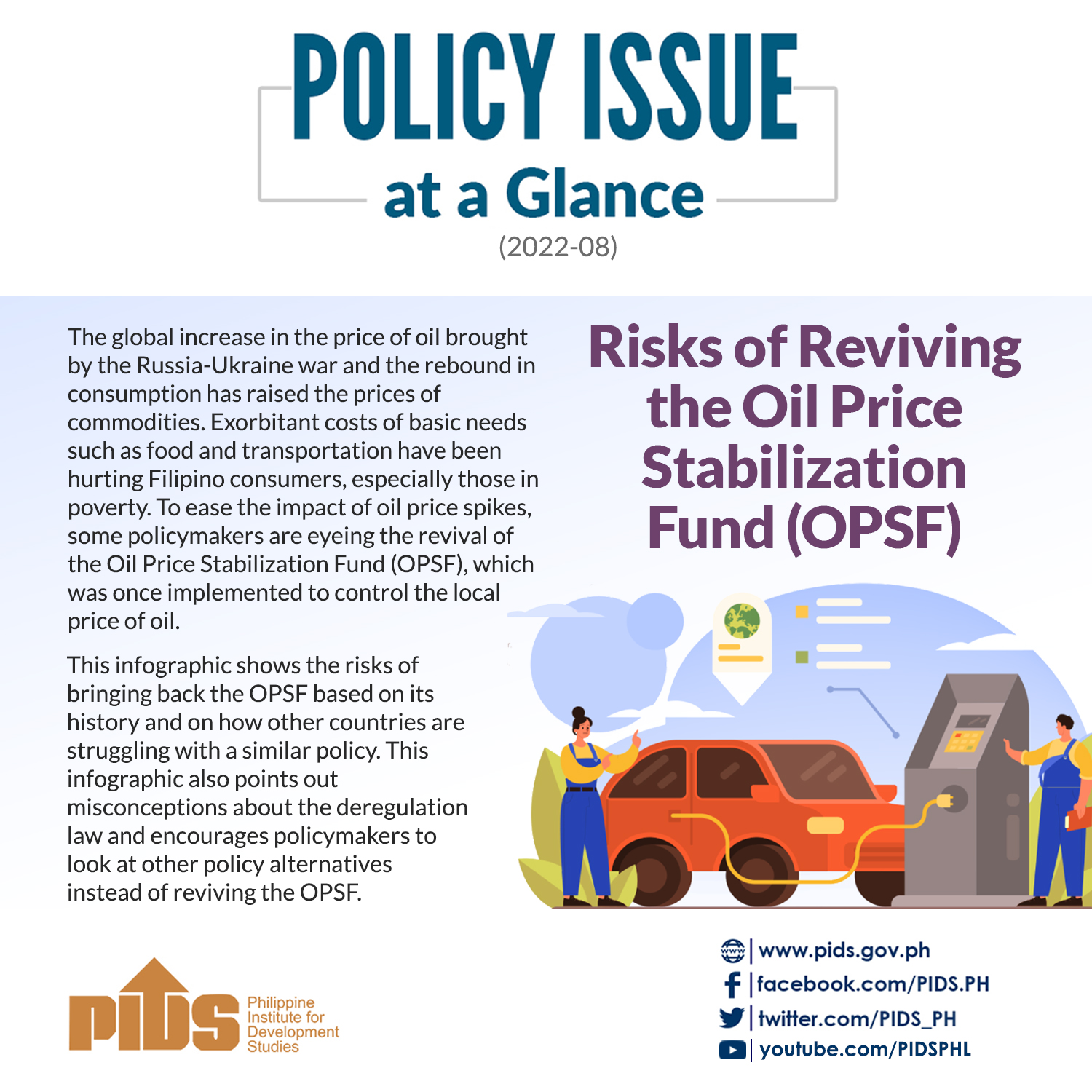A crackdown on rice smuggling in the Philippines is behind a run-up in prices of the country's staple food, some traders and analysts say.
Smugglers had been "absolutely helping" to keep prices down for consumers by boosting the national supply, said Roehlano M. Briones of the Philippine Institute for Development Studies. But the crackdown on smuggled rice in recent months has driven up prices, Mr. Briones said, because the government hasn't compensated with an increase in legal imports.
The conflict comes from a government policy that aims to have domestic farmers grow all the rice the nation needs by the time President Benigno Aquino III leaves office in 2016, even though the archipelago is short on space for irrigated land. Population growth makes the goal still harder to achieve, but the idea of the nation's being able to feed itself is popular among voters
Still, average Filipinos–both sellers and consumers of rice–are unhappy about what they are paying for the grain at a time global prices are down. Rice is plentiful because of good harvests from India and Vietnam, the world's two biggest exporters, in recent years. While the price of rice fell in most countries last year, it rose by around 5% in the Philippines, according to the nation's Bureau of Agricultural Statistics.
The tension has been playing out in much-watched televised Senate hearings exploring the world of smuggled rice, most of it coming from Vietnam. The amount smuggled was estimated to have been 2.6 million tons in 2013, about one-seventh of the total produced domestically.
The focus on rice prices comes as the Philippines finds itself in danger of punitive action by the World Trade Organization. Rice-exporting countries say its insistence on strictly limiting imports contravenes WTO rules.
Evidence of the rice-smuggling crackdown is seen in an increase in seizures and prosecutions. The Bureau of Customs reported in January that it had seized 1,936 shipping containers filled with smuggled rice worth 725 million pesos ($16.25 million) in the previous three months. That led to "a drastic reduction" in the amount of illicit rice making it into the country, according to Customs Deputy Commissioner Agaton Teodoro Uvero.
Crackdown on Rice Smuggling Blamed for Price Jump

